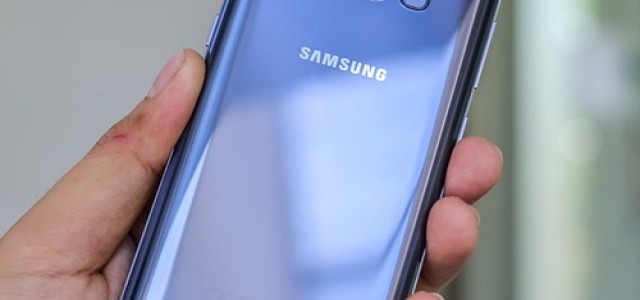
Smartphone giant Samsung Electronics recently unveiled its third-generation High Bandwidth Memory 2E (HBM2E), Flashbolt.
Apparently, the new 16GB HBM2E is uniquely designed to enable system manufacturers to advance their supercomputers by maximizing high-performance computing (HPC) capabilities. Samsung said the DRAM will also efficiently support advanced graphics and AI-driven data analytics operations.
The South Korean tech major expects to begin volume production during the first half of 2020. It seems that Samsung will continue offering its second-generation Aquabolt series while focusing on expanding its third-generation Flashbolt offering.
The company said it will explore collaboration opportunities with ecosystem partners as it accelerates the transition to HBM solutions. Seemingly, Samsung is aiming to gain a strong foothold in the flourishing premium memory market.
With the introduction of the next-generation DRAM, Samsung is advancing one step closer to establishing itself as the leading innovator in the rapidly expanding premium memory market, noted Cheol Choi, Executive VP of Memory Sales & Marketing, Samsung Electronics.
He added that the company will continue to deliver on its commitment to develop truly differentiated solutions as it reinforces its edge in the global memory marketplace.
Prominent features of the third-generation 16GB HBM2E
The new Flashbolt promises to deliver twice the capacity of Aquabolt, the previous-generation 8GB HBM2. It will sharply boost the power efficiency and performance to significantly enhance next-generation highspeed computing systems.
Also read: Samsung aims to advance U.S. 5G plans with TeleWorld acquisition
The new third-generation HBM2E offers a highly reliable and efficient data transfer speed of about 3.2 Gbps by leveraging its proprietary optimized circuit design. Apparently, this circuit supports high-speed signal transmission while providing a robust 410 GB/s memory bandwidth per stack.
Samsung said the Flashbolt can reach a top transfer speed of about 4.2 Gbps, which is the maximum tested data rate to date, allowing a memory bandwidth of up to a 538 GB/s per stack to support several future applications. This indicates an enhancement of about 1.75x over the second-generation Aquabolt which offers a data transfer speed of about 307 GB/s.
Source credits: https://news.samsung.com/global/samsung-to-advance-high-performance-computing-systems-with-launch-of-industrys-first-3rd-generation-16gb-hbm2e

A content developer by choice, Saipriya Iyer holds a rich experience portfolio of more than five years in the content creation domain. Equipped with substantial expertise across the business, technology, and finance domains, Saipriya currently pens down insightful art Read more...
© 2025 business-newsupdate.com. All Rights Reserved.